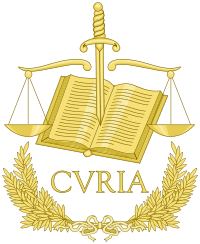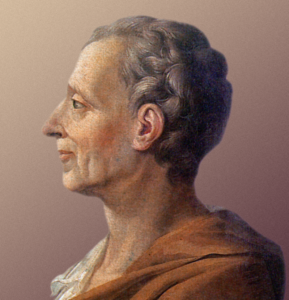
When It Rains, It Pours: Tracking the recent developments in international criminal justice
Brianne McGonigle Leyh International criminal justice has a reputation for being slow and progressing at a ‘glacial’ pace. For example, it took the International Criminal Court (ICC) ten years before it handed down its first judgment in the Lubanga case after it started operating in 2002. Similarly, the International Criminal Tribunal for the former Yugoslavia…
Read more
The Unity of Law 3: A step towards a definition and instruments that can optimize the unity of law
Introduction In my previous blog I gave a modest impetus to define the concept of ‘the unity of law’ and I have discussed a number of instruments which in any case (also) aim to optimize the unity of law. The following four instruments are distinguished: institutional reform, preliminary ruling procedure, coordination and a differentiated discursive…
Read more
The claim industry as object of research
Eddy Bauw Under the headline ‘The claim industry’, the Volkskrant on Saturday the 27th of February devoted attention to the increase in the number of collective redress procedures in the Netherlands. The figures presented by the newspaper are clear: organisations who allegedly represent half a million people, have in total claimed 1.6 billion euros in…
Read more
The Unity of Law 2: A step towards a definition and instruments that can optimize the unity of law
In his ‘The Unity of Law 1: Blogging about the unity of law?’, Eddy Bauw gave an inspiring kick-off on the subject of the unity of law. It is the intention to – with this blog as a starting point – start a series about that topic. With this blog and the next blog, this…
Read more
The civil law sanctioning of violations of the principles of civil procedure
Ivo Giesen In December 2015 my book ‘Principles of civil procedure’ was published as part of the Asser Procesrecht-series (‘Beginselen van burgerlijk procesrecht’ Wolters Kluwer: Deventer 2015). In this book, I discuss, after some general considerations, the guiding principles of civil procedure from a Dutch and European perspective. Based on the research into and the…
Read more
Montesquieu and marginal review
In Dutch administrative law, a familiar view entails that the administrative court should not ‘occupy the chair of the executive’. By virtue of its powers, the government would have a ‘discretionary latitude of decision’ in which it is only under democratic control; insofar as it is not a matter of a ‘criminal charge’ there is…
Read more
Jeckyll and Hyde in Strasbourg
Antoine Buyse Having a split personality is usually not seen as a positive thing. Not for the outside world, and not for the person itself. Robert Stevenson’s novel about Dr Jekyll and Mr Hyde famously showed how the constant shifting between personalities can almost destroy someone. A clear and unified self-perception and image is…
Read more
The Unity of Law I: Blogging about the unity of law? The kick-off
Eddy Bauw The kick-off Let me get straight to the point. The aim of this blog is to start a series about the ‘coherence of law’. The idea to do this arose after a session of the Montaigne Centre in July about this theme. During the session it became clear that the participants had rather…
Read more
Association of Human Rights Institutes’ Conference on Human Rights and Universality
Julie Fraser The Association of Human Rights Institutes (AHRI) held their 16th annual conference on 21-22 September 2015 in Serbia, hosted by the Belgrade Centre for Human Rights. This blog gives a brief overview of my experiences at the conference. The theme of the conference was Human Rights and Universality, in acknowledgment of the new…
Read more
The revolt of the judges
Judges in the Netherlands are rebelling against the endless series of changes in the organization of the judiciary. What is occurring is more than a simple merger; the organization has become too dominant in the judges’ work. Judges do substantive work. They give judgments in other people’s disputes. To be able to do that work…
Read more

